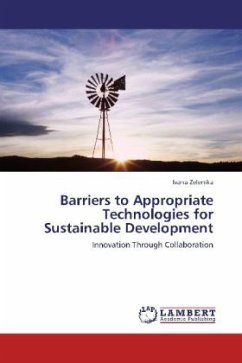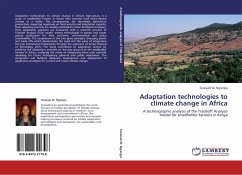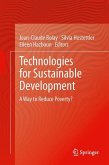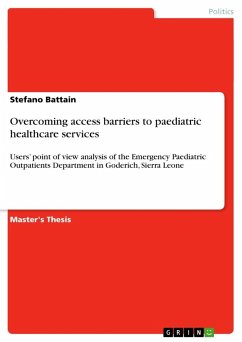The field of appropriate technology (AT), which has traditionally included small-scale, energy efficient and low-cost solutions, can be of tremendous assistance to many of the sustainable development challenges regarding food and water security, health, shelter, education and work opportunities. Unfortunately, there has not yet been a significant advancement or uptake of AT by major players in the field. Some of the biggest barriers include: 1) AT perceived as inferior or poor persons technology , 2) questions of technological robustness, design, fit and transferability, 3) funding and financing, 4) institutional support, as well as 5) general barriers associated with tackling rural poverty. With the rise of information and communication technologies (ICTs) for online networking and knowledge sharing, the prospect for collaborative open-access and open-source AT is growing. A much greater focus on networking, collaboration, demand-led innovation and community participation can beof significant help to build the necessary knowledge base, networks and the critical mass exposure for the field of AT. This in turn, can improve sustainable development efforts worldwide.
Bitte wählen Sie Ihr Anliegen aus.
Rechnungen
Retourenschein anfordern
Bestellstatus
Storno








